
Ashley Yeager is the associate news editor at Science News. Previously, she worked at The Scientist, where she was an associate editor for nearly three years. She has also worked as a freelance editor and writer, and as a writer at the Simons Foundation, Duke University and the W.M. Keck Observatory. She was the web producer for Science News from 2013 to 2015, and was an intern at the magazine in the summer of 2008. She holds a bachelor’s degree in journalism from the University of Tennessee, Knoxville, and a master’s degree in science writing from MIT. Her book, Bright Galaxies, Dark Matter and Beyond, on the life of astronomer Vera Rubin, will be published by MIT Press in August.

Trustworthy journalism comes at a price.
Scientists and journalists share a core belief in questioning, observing and verifying to reach the truth. Science News reports on crucial research and discovery across science disciplines. We need your financial support to make it happen – every contribution makes a difference.
All Stories by Ashley Yeager
-
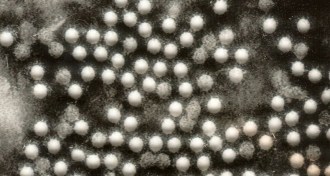 Health & Medicine
Health & MedicineFive California children have polio-like symptoms
At least five, and possibly as many as 25, children in California have experienced poliolike symptoms, including paralysis of limbs and breathing problems, since 2012. Scientists are not yet sure what is causing the emerging disease.
-
 Health & Medicine
Health & MedicineRabbit heart gets full electrode jacket
A silicon jacket makes it possible for scientists to place sensors on specific areas of the heart without glue or stitches and could one day be used for diagnosing and treating human heart diseases.
-
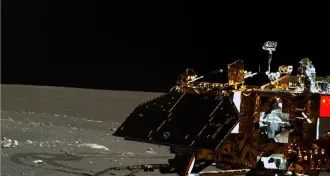 Astronomy
AstronomyChina’s lunar rover alive, but still crippled
Mechanical issues are preventing the Yutu lunar rover from exploring the moon's surface as designed.
-
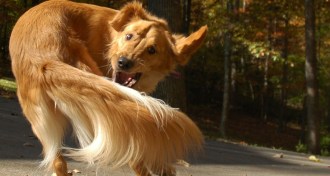 Genetics
GeneticsGenes involved in dog OCD identified
Scientists say they have identified several of the genes that trigger obsessive-compulsive disorder in Doberman pinschers, bullterriers, sheepdogs and German shepherds.
-
 Quantum Physics
Quantum PhysicsHistory affects superfluid’s flow, study shows
The speed to stop the stirring motion can be slower than what was need to set the fluid spinning in the first place, which shows that what happens to the current state of the superatom depends on what it has already experienced.
-
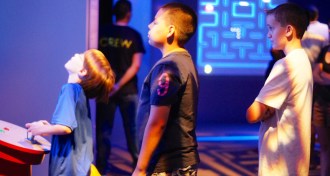 Neuroscience
NeuroscienceVideo games could boost reading skills in dyslexia
People with dyslexia, a developmental reading disorder, have a harder time switching from visual cues to auditory ones, but the constant shifts in video games may help improve the how quickly individuals perceive the change.
-
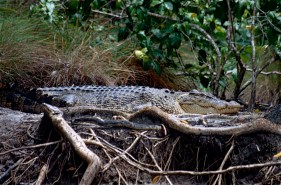 Animals
AnimalsSome crocodiles go out on, or up, a limb to hunt, keep warm
Observations of crocodiles from Australia, Africa and North America show that four species could waddle up and along branches above water. They do this to regulate their temperature and look for prey, scientists suggest.
-
 Life
LifeNonhuman city natives in decline but can be conserved
Cities have been a downer on biodiversity but native populations still remain in urban areas, offering a starting point for possible conservation efforts.
-
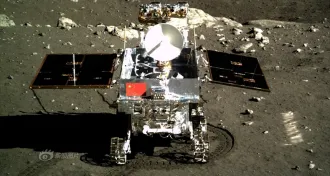 Astronomy
AstronomyChina’s lunar rover fails to connect with controllers (updated)
Yutu, or Jade Rabbit, could not be restored to full function, Chinese media report.
-
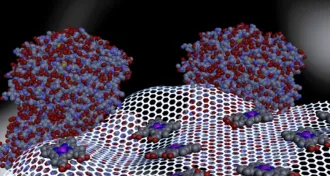 Materials Science
Materials ScienceGraphene-based material prevents blood clots
When researchers coated a plastic film with the new material, clotting was greatly reduced and continued even after three days.
-
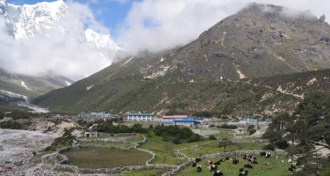 Genetics
GeneticsOrigin of Tibetans’ high-altitude adaptations found
Mixing genes of two ancestral populations gave modern Tibetans their ability to withstand high altitude.
-
 Chemistry
ChemistrySwapping electrolytes could prevent big battery fires
Researchers now say they have designed a nonflammable lithium ion battery that is as effective as what is already in use.